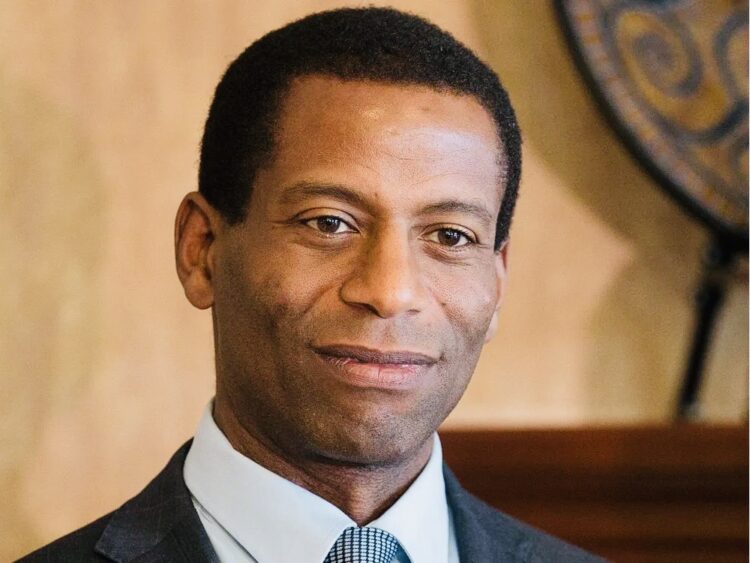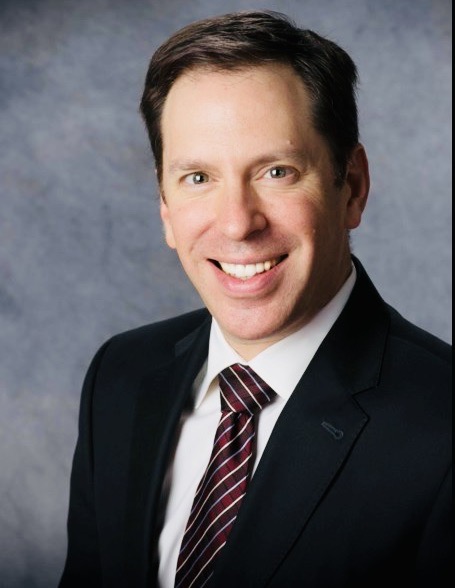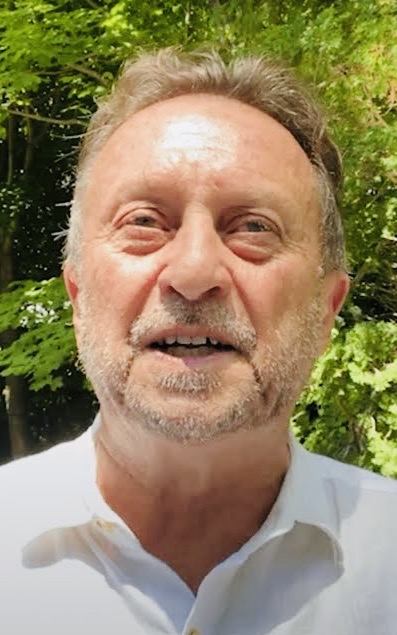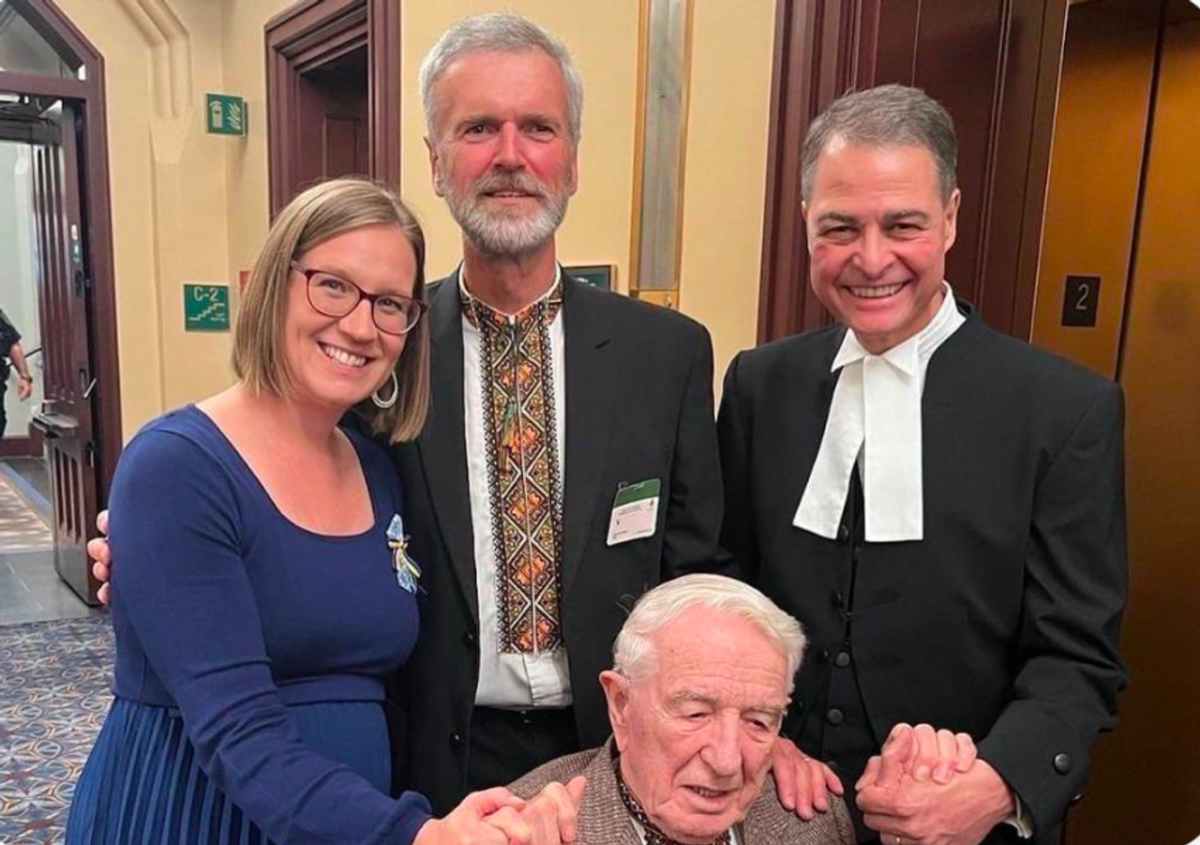If Canadian Prime Minister Justin Trudeau thinks he can move on seamlessly now that House of Commons Speaker Anthony Rota has been replaced, he is egregiously mistaken.
On October 3, a Liberal Party member of Parliament who represents the Quebec riding of Hull, Greg Fergus, was chosen as Rota’s replacement. He is the first African Canadian to hold that position, as Trudeau pointed out.
Fergus’ appointment is important and should be applauded as a step forward in creating a fully egalitarian society in this country. But just because a black man finally has been designated as Speaker does not mean the federal government has exonerated itself in the eyes of Canadians in the wake of the embarrassing Yaroslav Hunka affair.

Trudeau has a lot more work to do in explaining why numerous immigrants of questionable and troubling backgrounds like Hunka were allowed into Canada after World War II.
Rota, an MP from North Bay, Ontario, resigned in disgrace after inviting Hunka — a 98-year-old veteran of the Waffen SS Galicia Division and one of his constituents — to Parliament during Ukrainian President Volodymyr Zelensky’s first visit to Canada.
Rota fulsomely hailed Hunka as a Ukrainian and a Canadian “hero,” and Hunka was showered with two standing ovations from Trudeau, Zelensky and his wife, all the MPs in the chamber, and visitors in the gallery.
Little did they know that Hunka was a dubious character, a Ukrainian who had volunteered his services to the Waffen SS Galicia Division, which was part of Nazi Germany’s army of conquest, plunder and mass murder in Eastern Europe. Like many fervent nationalists, he was fiercely anti-communist and anti-Soviet and assumed that Germany would honor its word and recognize an independent Ukrainian state.
He would have to wait decades. Ukraine did not declare independence until 1991, after centuries of Russian domination.
Hunka’s role as a foot soldier in that division remains murky, but what is indisputable is that he fought for the Nazis at a time when Canadian troops were laying down their lives to defeat Adolf Hitler’s genocidal fascist regime, which ignited World War II and planned and implemented the Holocaust.
To the majority of Ukrainians, however, fighters like Hunka were regarded as national heroes.
Hunka, along with hundreds of Ukrainian veterans from the Waffen SS Galicia Division, immigrated to Canada after having spent a few years in Britain. During the postwar years, people like Hunka and Nazi war criminals had an easier time entering Canada than Jewish refugees who had barely survived the Holocaust, according to the late historian Irving Abella
In 1950, much to the indignation of the Jewish community, the federal government permitted Ukrainians like Hunka to settle in Canada, “notwithstanding their service in the German army.”
According to Canadian Ukrainian historian John-Paul Himka, some members of the Waffen SS Division committed atrocities. The division accepted into its ranks Ukrainians who had rounded up and executed Ukrainian Jews. And the division published a newspaper peppered with antisemitic articles and commentaries.
In 1986, the federal government appointed a judge from Quebec, Jules Deschenes, to head up a commission to study the issue of Nazi war criminals in Canada. A full and uncensored report was never released, much to the disappointment of Jews in Canada.
The first volume, published in 1987, was redacted. The second one, which identified war criminals, is still classified. A third volume, written by the historian Alti Rodal concerning Canada’s postwar immigration policers, is available but is also redacted.
Jewish advocacy organizations like B’nai Brith have for years urged the federal government to declassify the report, but to no avail.
In the wake of the Hunka affair, which was totally avoidable had Rota done his homework, the Canadian government should waste no time passing legislation to declassify the Deschenes report in its entirety.
Nothing less will be acceptable to most Canadians.

Canada should finally own up to its disgraceful history of tolerating and coddling Nazi collaborators. As B’nai Brith leader Michael Mostyn said, “We have a situation in Canada where we don’t know our own history when it comes to Nazi perpetrators who made their way into this country.”
The Canadian Ukrainian community confronts a reckoning, too. As Himka has pointed out, it has not faced up to the awful truth that some Ukrainians fought for Hitler and committed atrocities.
Regrettably, Jurij Klufas, the president of the Ukrainian National Federation, has defended Hunka. “The fact that he was a soldier does not mean he was Nazi,” he was reported as saying. Klufas also said that the rounds of applause Hunka received in Parliament were warranted because he “fought for his country.”
Perhaps Hunka was not a Nazi per se, but he risked life and limb for the horrendous Nazi cause. And also contrary to Klufas’ argument, Hunka did not fight for his country, though he may have thought so. He fought exclusively for Nazi Germany. This should be crystal clear.

Klufas crudely blames “Russian disinformation” for Hunka’s downfall as a supposed hero, but he misses the point yet again. It was not Russia, but rather a Jewish journalist in the United States and Ivan Katchanovski, a Ukrainian Canadian professor of political science at the University of Ottawa, who exposed Hunka as a Nazi accomplice. Katchanovski, in particular, sent out photograhs and translated text that clearly identified Hunka as a member of the Waffen SS Galicia) Division, which was formed in 1943 and whose recruits took an oath of allegiance to Hitler.
The Ukrainian community should stop whitewashing Ukrainians who sided with Nazi Germany. And Ukrainian Canadians should distance themselves from offensive monuments in Edmonton and Oakville that glorify the Waffen SS Galicia Division and Ukrainian nationalists like Roman Shukhevyych, whose military formations have been accused of murdered Poles and Jews alike during the German occupation of Poland and the Soviet Union.
When will Ukrainian Canadians wake up?
